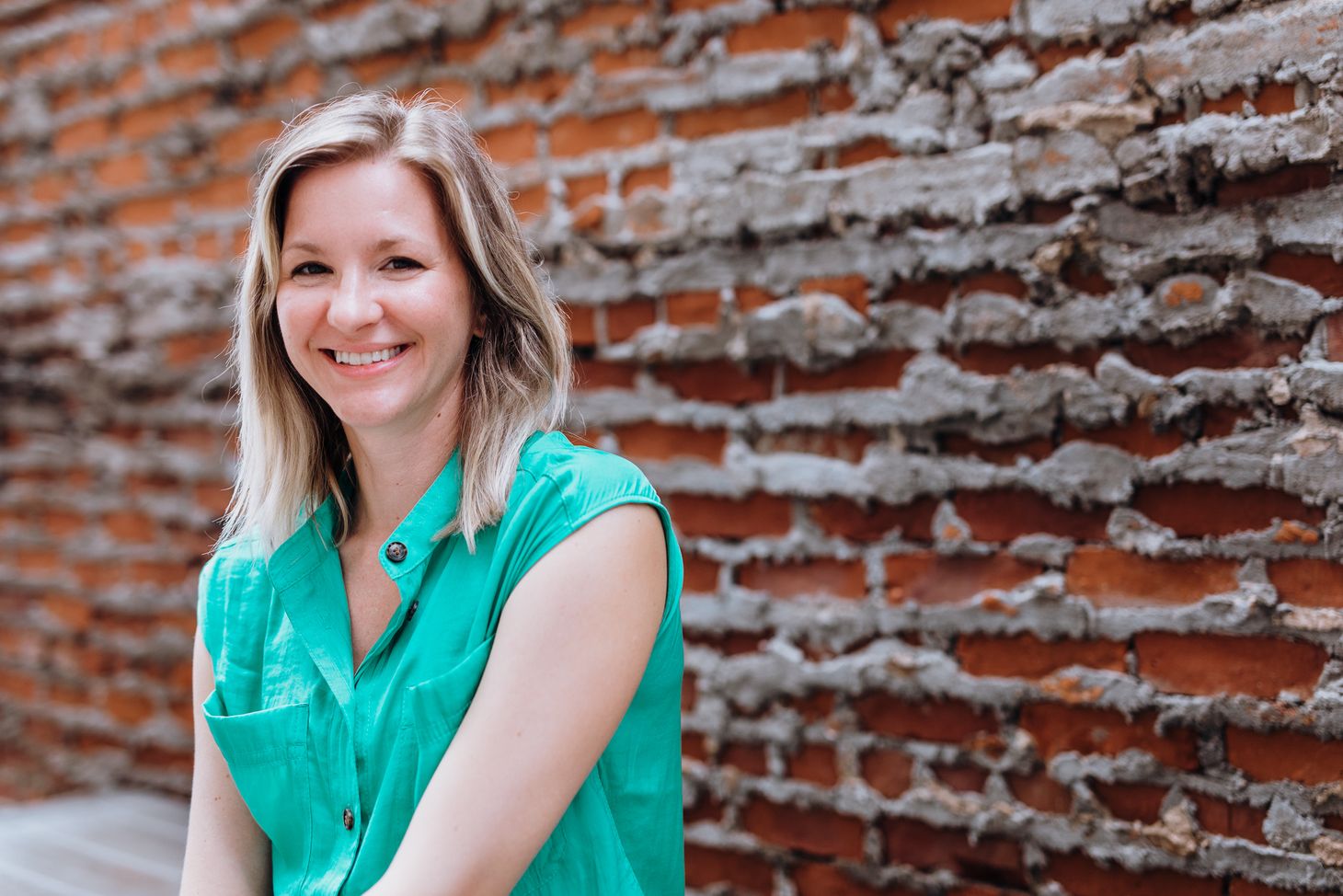Becoming a Transitional Character
Table of Contents
White supremacy, the construct that white people are superior than people of color, is in the air we breathe. And just as much as we can’t see the oxygen we inhale, we can’t see but but breathe in the oppression of white supremacy every single day.
The teacher Jane Elliot has dedicated her life to help point out this toxin in the air with her “Blue Eyes/Brown Eyes Exercise.” For over 50 years, she’s used this exercise as a metaphor to help people understand what it feels like to be discriminated because of something completely outside their control: the color of their eyes.
But this is what is done to people of color when our skin color is largely determined by the amount of melanin in our skin. The amount of melanin is a response to how much sunlight we have been exposed to. The closer our ancestors lived to the equator the more melanin they needed, the farther way the less they needed.
The insidiousness of white supremacy is that it can infect anyone, not just white people. I know white people who reject white supremacy, and I know people of color who embody it. Until recently, I was one of them.
Being a Korean American, Christian, college educated, cisgendered, heterosexual man who grew up in New York City, I was close enough to whiteness that I was spared the trauma of racism, compared to other people of color, especially female people of color.
I’ve had the privilege of being able to push aside and move ahead in life ignoring issues of race.In my silence I have perpetuated white supremacy in my life and those around me. I refuse to be silent any longer.
I’m turning 40 soon and I feel I’m approaching a mid-life reckoning rather than a mid-life crisis. A mid-life crisis is an attempt to relive the first half of your life, either to change it or repeat it. But I’m looking ahead to the next 40 years, and coming to a reckoning with myself, the realities of this world, and what I’m called to do about it.
A friend recently introduced me to this idea of a “transitional character.” It’s in the context of family and breaking generational trauma and pain, but it also applies to society, one made up by families.
A transitional character is one who, in a single generation, changes the entire course of a lineage. Who somehow find a way to metabolize the poison and refuse to pass it on to their children. They break the mold. Their contribution to humanity is to filter the destructiveness out of their own lineage so that the generations downstream will have a supportive foundation upon which to build productive lives.
The mold I have to break is a system built to control, oppress, and dehumanize those who don’t conform to whiteness. I’m called to metabolize the poison and contribute to a foundation upon which future generations can live productive lives. My contribution is to create because the only way to change culture is to create more of it.
Becoming a transitional character means to be a creative and support other creatives who are forming the culture we want to see. A culture built on the foundations of justice, love, and peace.
It’s been a long few weeks. I’m unlearning lessons and ideas taught to me in all spheres of my life, while trying to come to grips with who I am and what space I take up in the world. I’m exhausted, but I have so much more to learn, so much more to do.
Follow Along Upstream
And feel a little less alone on your quest to your most courageous work.
